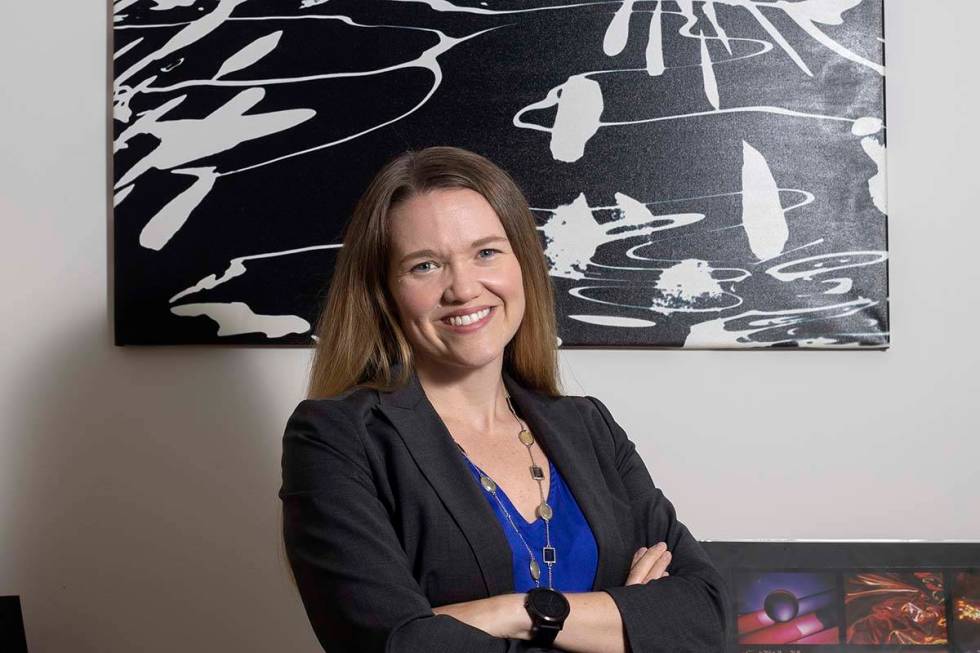EDITORIAL: Las Vegas welcomes new Alzheimer’s center for women

Thanks to the vision of Maria Shriver, Las Vegas is now the home to the nation’s first center focused specifically on preventing Alzheimer’s in women.
On June 18, The Women’s Alzheimer’s Movement Prevention Center at Cleveland Clinic opened downtown in the Cleveland Clinic Lou Ruvo Center for Brain Health. Peer-reviewed research shows that it may be possible to prevent Alzheimer’s in up to one-third of patients. Prevention is important because there is no cure for the disease.
The center is a passion project of Ms. Shriver, who’s well-known as a journalist and the former first lady of California.
“Women and Alzheimer’s has been my jam, my passion, my mission, my Achilles’ heel,” she told the Review-Journal’s Mary Hynes in an interview. “It’s what gets me up. It’s what drives me.”
Ms. Shriver’s interest in Alzheimer’s stems from when her late father, Sargent Shriver, was diagnosed with the condition in 2003. She became more interested after learning that two-thirds of Alzheimer’s patients are women. The conventional wisdom is that women are more likely to get the disease because they live longer. That line of thinking isn’t convincing to Ms. Shriver, who founded The Women’s Alzheimer’s Movement.
“Women’s brains are different from men’s, and it’s still something we’re learning about,” said Jessica Caldwell, a neuropsychologist and the center’s director. Those biological differences are what make a center focused specifically on women important.
“While Alzheimer’s disease impacts women disproportionately, today’s medical care models and research studies largely approach the disease that affects 5.8 million Americans as though it were the same for women and men,” Ms. Caldwell said. “Our program is the first to pair prevention strategies with a woman’s individualized risk to help women make tailored, lasting behavior changes that promote brain health and reduce risk.”
The center is ready to help women who have a family history of the disease or would like to minimize their risk. Ms. Caldwell will oversee a process that evaluates a woman’s individual risk level based on factors such as diet, stress, sleep and exercise. This information will allow the center to create personalized recommendations for sustained change over the long term. Regular follow-up appointments will happen after that.
Funded primarily by philanthropy, the center aims to help 380 women over the next three years. That’s an excellent start. Let’s hope this effort produces groundbreaking strategies to help prevent this pernicious disease.